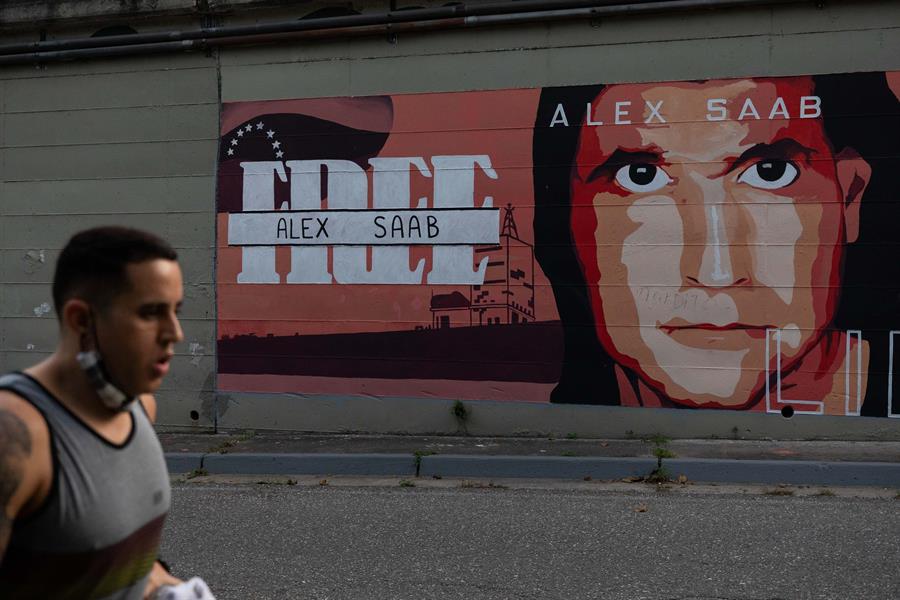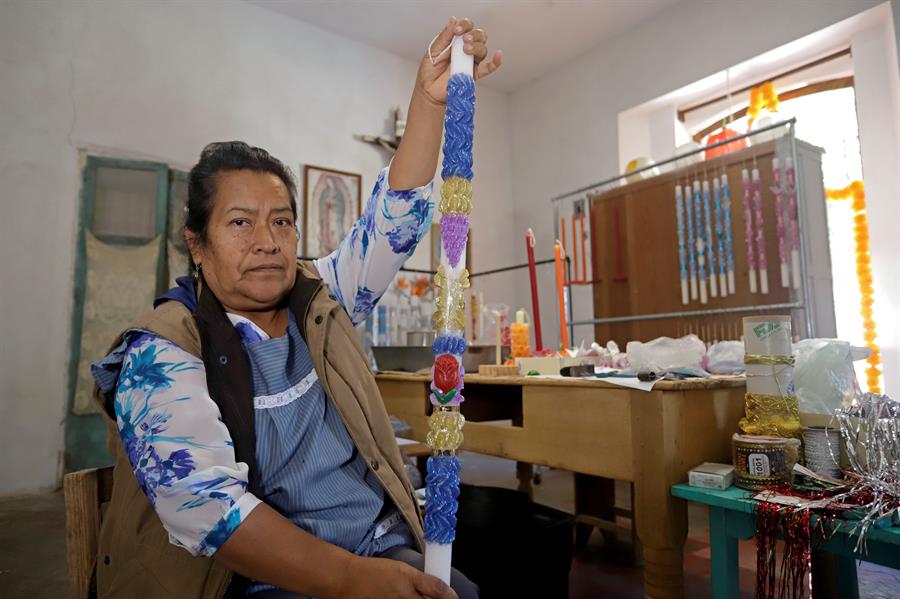The government of Nicolás Maduro has faced a dark month this October with the progress in the extradition processes to the United States of three people linked to the Chavista administration who may reveal sensitive information that affects them internally and externally.
Álex Saab, Claudia Díaz and Hugo “El Pollo” Carvajal are those linked to the Executive who is in the crosshairs of the US Justice for crimes of corruption or drug trafficking.
Álex Saab, the alleged figurehead of Maduro, was extradited on October 16, Díaz and Carvajal -ex-treasurer of the nation and former head of Counterintelligence, respectively- are in the process of handover from Spain, a country that announced its willingness to hand them over to the US Justice.
However, the case that worries the Government the most is that of Saab, a Colombian businessman who processed the purchase of food for Venezuela bypassing US sanctions and who was arrested on June 12, 2020, in Cape Verde when he was making a stopover. aerial.
SAAB, THE CENTER OF ATTENTION
Saab, whose name began to be known in 2017 when former prosecutor Luisa Ortega Díaz named him as the president’s frontman, is today defended by the Government as the “hero” who helped Venezuela import food to mitigate the crisis.
And the US authorities are investigating him for money laundering, accusing him of seven counts of money laundering and one conspiracy.
But Maduro defends his innocence and, in an attempt to secure his release, appointed him a diplomat when he was already a prisoner in Cape Verde, which would, under normal circumstances, carry automatic immunity. But it didn’t work.
This appointment was, according to the political analyst Nicmer Evans, the product of his “despair”, as it was the “key to a network of placement (…) of the resources that have been extracted from Venezuela and that they have been placing in all the tax havens in the world “.
The attempt to avoid extradition even came to the hands of the former judge of the National Court of Spain Baltasar Garzón, who was entrusted with his defense while in prison and fought through thick and thin, without achieving his goal.
The Chavista machinery in networks was also activated, positioning labels in favor of the liberation of Saab, as well as the promotion of mobilizations and campaigns in the official media. It wasn’t enough either.
CARVAJAL, FROM PATRIOT TO TRAITOR
Saab’s extreme defense was not replicated in the former head of Government Counterintelligence.
“What worries Maduro is the network of all the reals that he has outside, so it is difficult today to come to the defense of what they themselves have considered a traitor,” explains Evans – also a former advisor to Chavismo -, recalling that the military he broke with the government and left the country.
However, – he adds – it does not mean that he does not have sensitive information, since “it is a key piece in intelligence and counterintelligence information, which was what he handled (…) perhaps also in the area of human rights he may contribute some element “.
Carvajal was arrested in April 2019 in Spain at the request of the US, and released five months later, after the National High Court refused to extradite him on the grounds that it was “politically motivated. “
Subsequently, the high court agreed to hand over the former general, but he had escaped. Last September he was arrested again and his extradition was approved less than a week ago, and suspended hours later, due to a formal defect, although this decision is not final.
The US has been looking for Carvajal since 2014 when he was detained in Aruba. His detention lasted just three days, as he had been appointed Venezuelan consul on the island in January of that year, but by then, he did not have diplomatic credentials.
After his release, he returned to Venezuela and was received as a “patriot.” Three years later, he showed his differences with the government and was branded a traitor.
DÍAZ, CLAIMED BY VENEZUELA AND THE US
The situation is different in the case of Díaz. Venezuela is also claiming the ex-treasurer for money laundering, but her extradition was rejected by Spain, taking into account the situation in her country. The also former military man alleged political persecution.
The US is also requesting it for money laundering and criminal organization for having favored businessman Raúl Gorrín in a foreign currency exchange scheme that earned him millions of dollars.
Although Díaz has no defense from the Government, the international law expert Mariano de Alba believes that all extraditions open the possibility of knowing sensitive information.
This “will make it difficult, one: the evasion of US sanctions. And two: the links that the Government has been developing with allied countries, such as Russia, such as China, such as Turkey, such as Iran,” said De Alba.



















































































